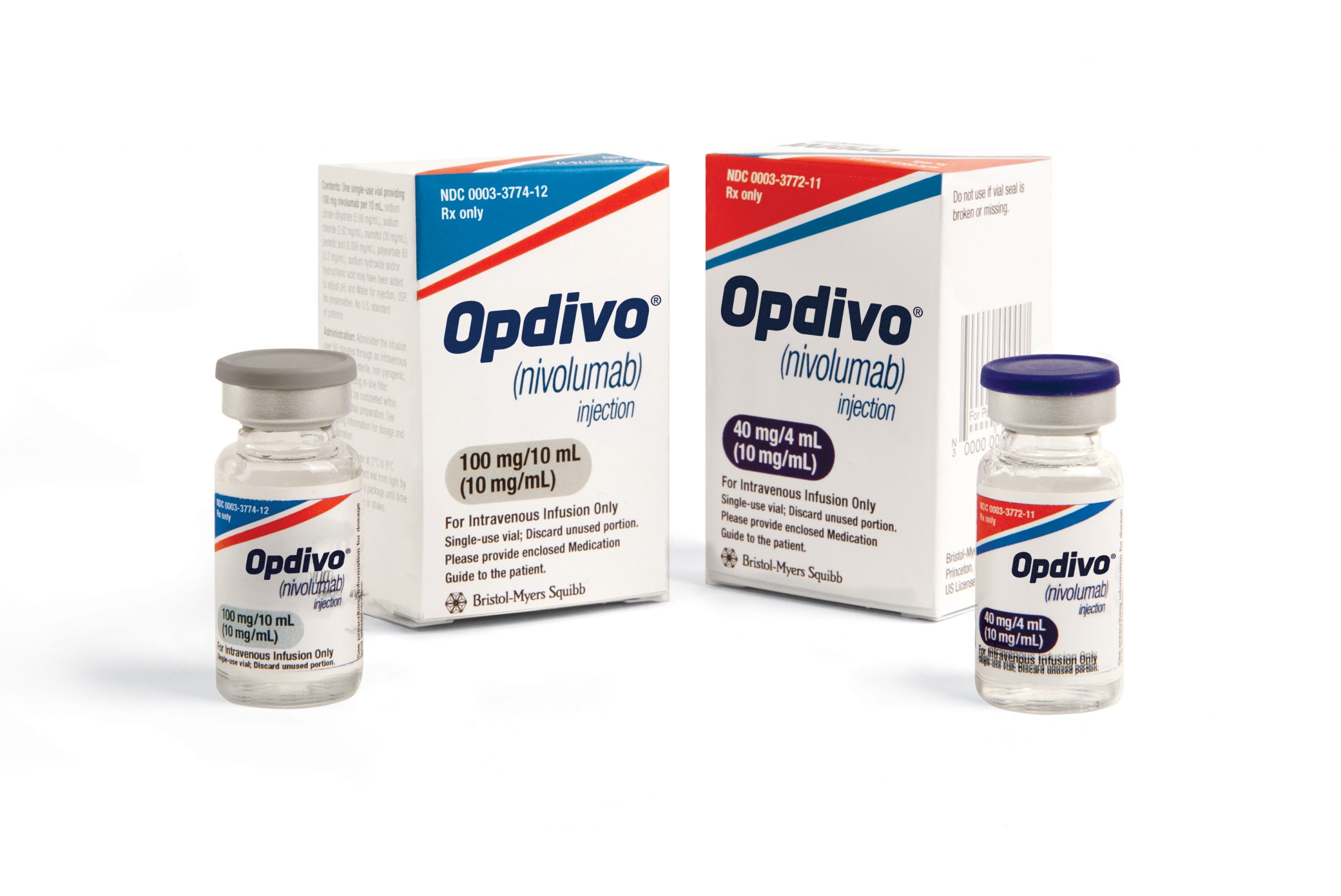Unconvinced by NHS test run, NICE rejects BMS' Opdivo in head and neck cancer

NICE has rejected Bristol Myers Squibb’s immunotherapy Opdivo as a second-line treatment for head and neck cancer in first draft guidance, unconvinced by evidence unearthed during a three-year NHS trial period.
In its latest guidance, NICE said that clinical trial data gathered so far and real-world evidence did not convince about the cost-effectiveness of Opdivo (nivolumab) in this use.
It said that Opdivo seems to produce a survival benefit in metastatic squamous cell carcinoma of the head and neck (SCCHN) compared with one of three possible standard therapies.
But there was too much uncertainty around the results and one of the comparators, the chemotherapy docetaxel, is already used as a standard treatment on the NHS.
As a result, NICE said there were doubts over the long-term survival benefit of Opdivo in this indication.
Cost-effectiveness estimates are likely to exceed the £30,000 per QALY threshold above which NICE considers drugs to be a waste of NHS resources.
While the manufacturer can submit further evidence following this first draft guidance, there is a chance interim funding could be discontinued if NICE comes to the same conclusions in final draft guidance.
Opdivo is currently available to NHS patients in England on the Cancer Drugs Fund after NICE agreed to fund it through the CDF in October 2017.
Following an initial rejection earlier that year, NICE asked (BMS) to submit a proposal for interim CDF reimbursement which could pay for Opdivo until stronger clinical data emerges and improves the argument that it is cost-effective.
BMS sweetened the deal with a commercially-confidential price cut and provided further information that convinced NICE to grant CDF funding.
Opdivo is a monoclonal antibody that binds to the PD-1 receptor, blocking its interaction with the PD-L1 and PD-L2 proteins.
This releases an immune response, allowing T-cells to interact with the cancer cells and destroy them.
Opdivo competes in several different cancer indications with a growing number of rival checkpoint inhibitors, although Merck & Co’s Keytruda (pembrolizumab) has become standard care in many indications and is the biggest seller in its class.
NICE will be consulting on its decision until 28th January.













